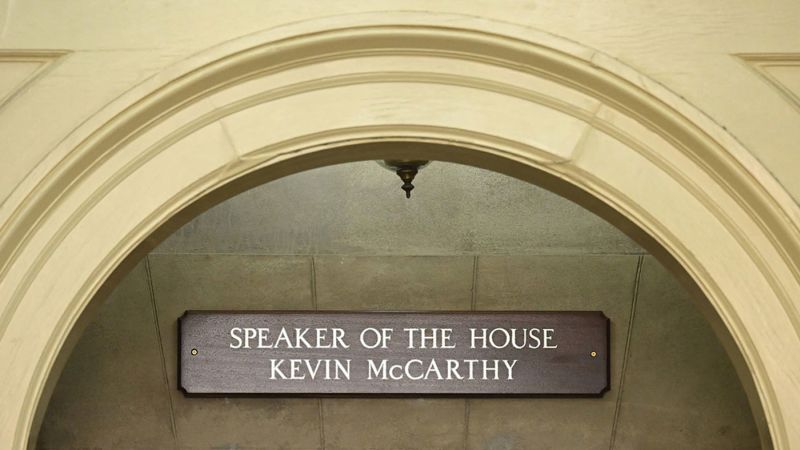Getting rid of Kevin McCarthy didn’t solve anything.
Whoever succeeds the former House speaker will need to defuse the hazardous and self-defeating political forces inside the Republican conference that made McCarthy’s tenure, in a job he’d sought for years, so abbreviated.
Two candidates, GOP Majority Leader Steve Scalise of Louisiana and Judiciary Chairman Jim Jordan of Ohio, have already launched campaigns. Rep. Kevin Hern of Oklahoma is gauging support for a possible run for leadership and others may also jump in. A new speaker with a fresh start may be better positioned than McCarthy, who was battered by years of battles as minority leader, to bring the party together. But unless the eventual new speaker addresses the intractable root causes of McCarthy’s downfall, their time in the speaker’s chair may be as short-lived as his was.
And the new speaker will face a massive test within weeks of taking office – and the same tough dilemmas that felled McCarthy – when the short-term funding bill that was the former speaker’s last act expires next month and the government is again in danger of shutting down.
The next person to wield what turned out to be a poisoned gavel for the Californian will surely try to change how the Republican majority works to avoid also dooming their own speakership from the start. Any candidate would be unwise to repeat the concession McCarthy made to hardliners as a last resort in 15 rounds of balloting for the job earlier this year, which allowed a single member of the House to file a motion to oust him.
Florida Rep. Matt Gaetz, McCarthy’s chief tormentor, wielded the possibility of a so-called motion to vacate over McCarthy’s head for weeks and showed why previous speakers, including Democrat Nancy Pelosi, always resisted making the concession that McCarthy did.
One of McCarthy’s top allies,…
Read the full article here








